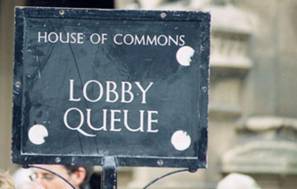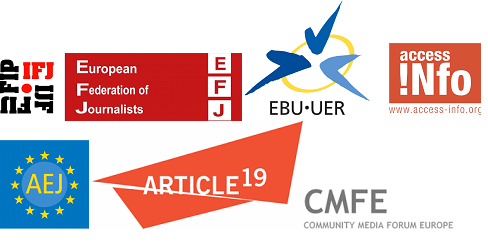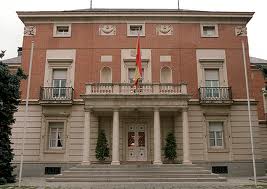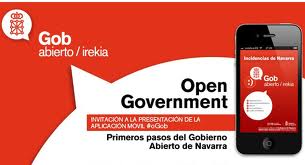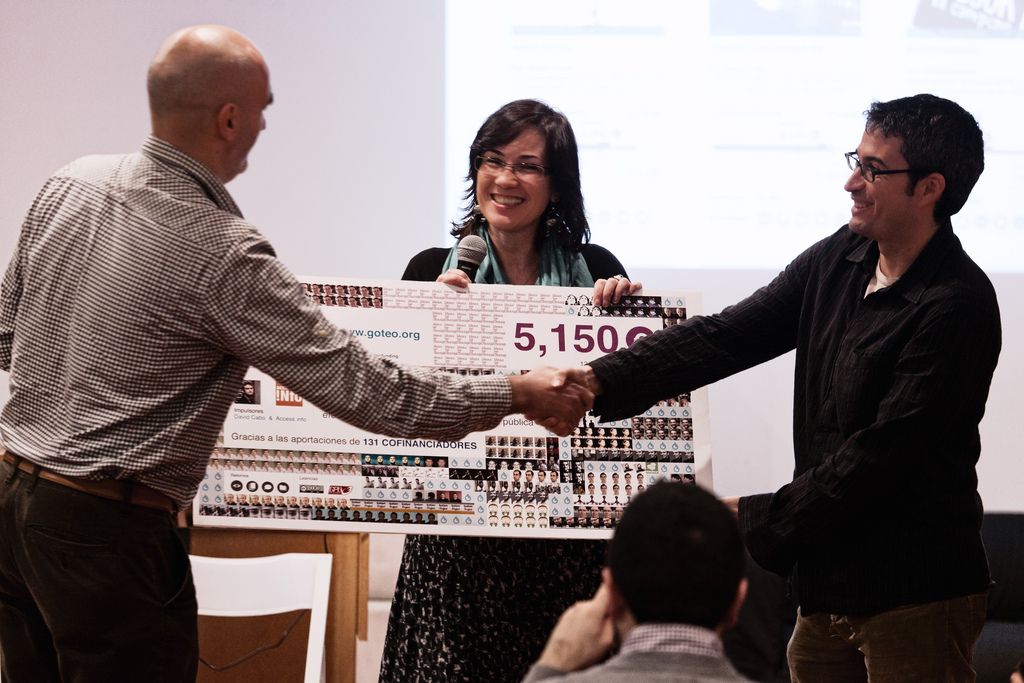RTI Rating Examines International RTI Frameworks
Helen Darbishire2020-02-14T12:40:31+01:00RTI Rating Examines International RTI Frameworks www.RTI-Rating.org 16 March 2012, Madrid/Halifax – Right to information laws in Africa and the Americas are falling below the standards set by regional human rights bodies, while in Europe the standards themselves are weaker than the better right to information laws, according to a new analysis by human rights organisations Access Info Europe (Spain) and the Centre for Law and Democracy (Canada). Applying the RTI-Rating tool, which measures the strength of right to information frameworks, to regional bodies’ model laws, the specialist right to information organisations found that the Organisation of American States’ Model

